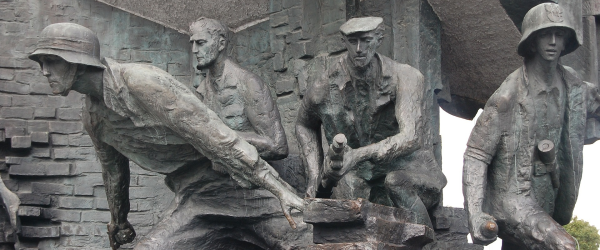
The Court adjudicated the cassation claim of the claimant, challenging the judgment of the Court of Appeals in Warsaw rejecting the claim of the claimant – a Sikh – alleging the infringement of his personal rights. During the security check, he demanded to be able to take off his turban in a secluded place without the presence of other guards, but this was refused by the officials in charge. Upon this ground he asserted the encroachment of his freedom of conscience and religion – and hence, an infringement of Articles 23 and 24 of the Civil Code of Poland (specifying the concept of personal rights and remedies in the case of their violation).








